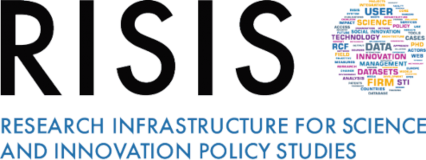This activity within the RISIS2 project will enhance the usage of RISIS data for policy and scholarly analyses by introducing new advanced analytical methods, which take into account the multidimensional nature of RISIS data, and by creating advanced user communities around questions of interests and analytical methods.
Methodological resources and training
As a first step, resources and training activities are provided on analytical methods that are particularly well-suited to RISIS2. For each method, RISIS partners are developing usage cases and presenting them to international conferences and policy audiences; furthermore, training courses are organized (see RISIS training activities) and resources are provided to potential users. These include some basic explanations of the method, statistical resources and examples of usage with RISIS data.
Responsible partner: Università della Svizzera italiana, Lugano
Responsible partner: Austrian Institute of Technology, Vienna
Responsible partner: Università della Svizzera italiana, Lugano
Responsible partner: Politecnico di Milano, Milan
-
Advanced benchmarking (soon available)
Responsible partner: Sapienza University, Rome
Through the RISIS dataset portal, you can also ask for visiting these teams in order to work together on RISIS data.
Dissemination activities
The partner involved in this activity are actively disseminating usage cases at scholarly conferences, such as Science, Technology and Innovation Conferences, Consortium of Higher Education Conferences, European Group for Organization Studies, and in policy venues such as the European Commission, OECD and national ministries.
A selection of presentations can be consulted for each usage case, as well as in the dissemination section of the RISIS website.
Data quality
Data quality is a central aspect for trusted and usable datasets, particularly when widening the circle of users beyond those who developed the dataset and are acquainted with its specificities. Therefore, RISIS2 includes a specific activity on data quality, which build on the experience made with the RISIS-ETER dataset and which is managed by the University La Sapienza in Rome.
Data is a complex and multidimensional concept, which includes aspects such as completeness, consistency and coherence. This activity will provide support to RISIS datasets in implementing data quality and offer training activities on basic and advanced data quality, including also imputation techniques in order to fill missing values in datasets.




